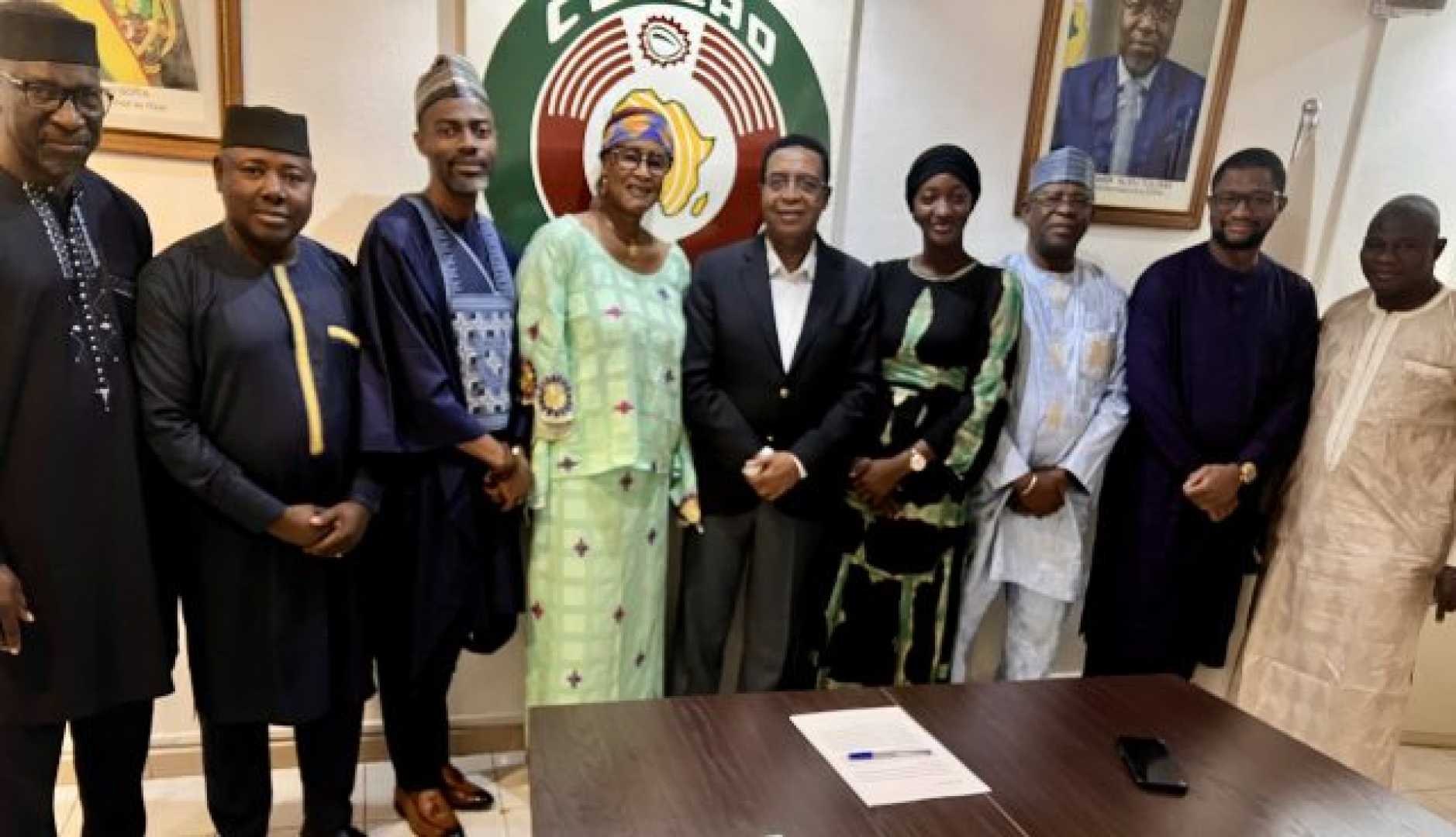Politics
ECOWAS Ambassador’s Tenure Ends Amid Regional Turmoil

BAMAKO, Mali — The diplomatic mission of Mário Gomes Fernandes as the Resident Representative of the Economic Community of West African States (ECOWAS) in Mali officially concluded on February 28, 2025, during a handover ceremony held in Bamako.
Nominated to the position in September 2022 after serving in a similar role in Guinea, Fernandes was recognized for his commitment and notable achievements throughout his tenure. His departure comes at a critical time for Mali as it navigates complex regional dynamics marked by the establishment of the Alliance of Sahel States (AES) and the gradual withdrawal of several countries from ECOWAS.
During his tenure, Fernandes witnessed significant events affecting the Sahel region, including the signing of the Liptako-Gourma Charter on September 16, 2023, by Mali, Burkina Faso, and Niger. This agreement established the AES, aimed at enhancing cooperation in defense and security in response to shared threats.
In January 2024, the three nations announced their intent to withdraw from ECOWAS, citing concerns that the organization was being influenced by foreign powers and no longer served their populations’ interests. Their exit became effective on January 29, 2025, following a one-year notice period, leading to a major geopolitical reorganization in West Africa.
A six-month transition period was set to address the logistics of this separation, concluding on July 29, 2025. This withdrawal sparked intense reactions, with ECOWAS expressing apprehension about the political, economic, and institutional implications of the decision.
Some opposition figures in Mali criticized the choice to leave ECOWAS, declaring it illegitimate and lamenting the lack of national consensus. The Coordination of organizations from the Appeal of February 20 expressed concerns about a setback in regional integration.
Practically, the withdrawal from ECOWAS could result in mobility restrictions for Malian citizens, possibly leading to the introduction of visa requirements for travel to remaining member states. Economically, although a majority of Mali’s exports are directed towards non-ECOWAS partners, approximately 37 percent of its imports originate from the region, including essential goods such as food and electricity. Such disruptions could significantly impact trade and supply chains in Mali.
The departure of Mali, Burkina Faso, and Niger represents a considerable challenge for ECOWAS, which must reevaluate its cohesion and strategy amid regional security and economic threats. Meanwhile, the AES aims to position itself as a new regional entity, aspiring to strengthen ties among its members to tackle shared challenges.
At the farewell ceremony, political advisor and new Chargé d’Affaires Funsho Oladele Ibrahim addressed the audience on behalf of the staff, expressing their gratitude towards Fernandes. Ibrahim highlighted several advancements achieved under Fernandes’ leadership, including improvements in working conditions for staff, capacity building for civil society organizations, and enhanced visibility for ECOWAS initiatives.
In his closing remarks, Fernandes expressed his satisfaction with the contributions he made to improve the professional environment for his team and advance Malian civil society. He emphasized efforts to foster a better understanding of ECOWAS’s accomplishments among the local population through strategic communication.
Fernandes concluded by extending his best wishes for prosperity to the Malian people and advocating for lasting harmony among ECOWAS member nations, in the spirit of solidarity and regional integration.












